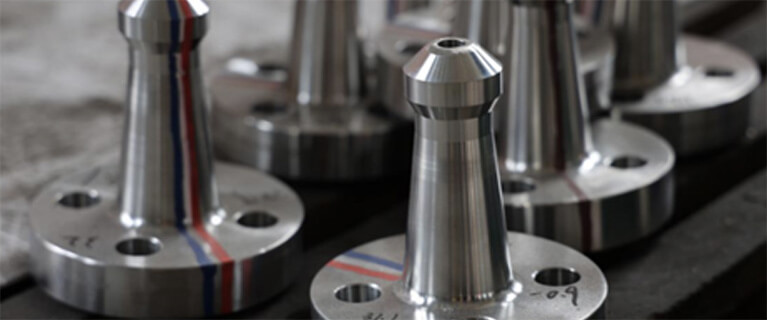Titanium is a chemical element with the symbol Ti and atomic number 22. It is a lightweight, strong, and corrosion-resistant metal that has a silver-gray appearance. Titanium is abundant in the Earth's crust but is difficult to extract and refine, which contributes to its relatively high cost compared to other metals.
Here are some key characteristics and applications of titanium:
1. Strength and Lightweight: Titanium has a high strength-to-weight ratio, making it one of the strongest and lightest metals available. It is about 40% lighter than steel but has similar strength.
2. Corrosion Resistance: Titanium is highly resistant to corrosion, even in harsh environments such as seawater and chemical solutions. This makes it valuable for applications where corrosion resistance is essential, including marine equipment, aerospace components, and chemical processing plants.
3. Biocompatibility: Titanium is biocompatible, meaning it is non-toxic and well-tolerated by the human body. This property makes it widely used in medical and dental implants, surgical instruments, and prosthetics.
4. High Melting Point: Titanium has a high melting point of around 1,668 degrees Celsius (3,034 degrees Fahrenheit), allowing it to maintain its structural integrity at elevated temperatures. This makes it suitable for high-temperature applications such as jet engines and spacecraft.
5. Excellent Strength at Low Temperatures: Titanium retains its strength and toughness even at extremely low temperatures, making it useful in cryogenic applications such as storage tanks for liquefied gases.
1. Aerospace and Defense: Titanium is extensively used in the aerospace and defense industries due to its strength, lightweight nature, and resistance to corrosion. It is utilized in aircraft frames, engine components, landing gear, and armor plating.
2. Chemical Processing: Titanium's excellent corrosion resistance makes it suitable for use in chemical processing equipment, heat exchangers, and power generation systems. It is often used in the production of chemicals, petrochemicals, and desalination plants. The excellent corrosion resistance of titanium makes it valuable for chemical processing equipment such as heat exchangers, reactors, and piping systems.
3. Sporting Goods: Titanium's combination of strength, lightness, and resistance to corrosion has led to its use in sporting goods, including bicycle frames, golf clubs, tennis rackets, and diving equipment.
4. Architecture and Design: Titanium's aesthetic appeal, lightweight nature, and resistance to corrosion have made it a choice material for architectural design elements, such as cladding, roofing, and sculptures
1. Excellent Corrosion Resistance: Titanium exhibits exceptional resistance to corrosion in various environments. It is highly resistant to rust, erosion, and pitting, which makes it valuable for applications exposed to corrosive substances or harsh conditions.
2. Good Workability: Titanium is malleable and ductile, which means it can be easily formed into various shapes and sizes. It can be machined, welded, and fabricated using common metalworking techniques.
3. Aesthetic Appeal: Titanium's distinctive silver-gray color and smooth surface finish give it an attractive appearance. It is often used in jewelry, watches, and other fashion accessories.
Overall, titanium is a versatile metal with exceptional properties that make it suitable for a wide range of applications. Its strength, lightweight nature, corrosion resistance, and biocompatibility have led to its use in industries ranging from aerospace and defense to medical implants and consumer products.
